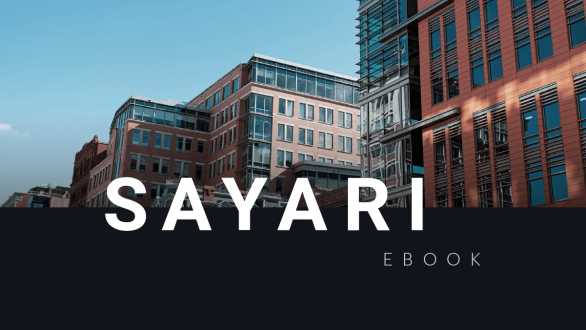By barring all commercial inputs with a link to Xinjiang from entering U.S. markets, the Uyghur Forced Labor Prevention Act (UFLPA) puts additional strain on importers already grappling with supply chain bottlenecks, labor shortages, travel restrictions, rising inflation, and heightened political tension. Though importers rushed to prepare in the months leading up to the statute’s enforcement date on June 21, 2022, many still had pressing questions about how to comply with the law, particularly in these conditions. In this ebook, legal and regulatory experts help U.S. importers screen their supply chains and avoid customs penalties by answering 12 urgent questions about the UFLPA, including:
- For those looking to rebut the presumption of forced labor, what evidence would qualify as clear and convincing?
- Can suppliers simply certify that their goods have no known sourcing in the Xinjiang region?
- How would U.S. importers go about confirming forced labor on the ground in light of COVID travel restrictions?
Read this ebook to gain clarity on the UFLPA’s mandate and access a list of helpful resources on mitigating Xinjiang forced labor risk in global supply chains.
About Sayari:
Sayari empowers regulators and investigators to mitigate risk exposure and fight financial crime by providing instant visibility into commercial networks worldwide. Its flagship solution, Sayari Graph, harvests billions of public records from over 200 jurisdictions to deliver a global database of ownership hierarchies, commercial relationships, and risk analyses—available via web application, API, or data subscription. Since its founding in 2015, Sayari has earned the trust of top financial institutions, Fortune 100 corporations, and government agencies, securing a $40M Series C in 2021. Sayari is headquartered in Washington, D.C., and its solutions are used by more than 3,000 frontline analysts in 35 countries.



